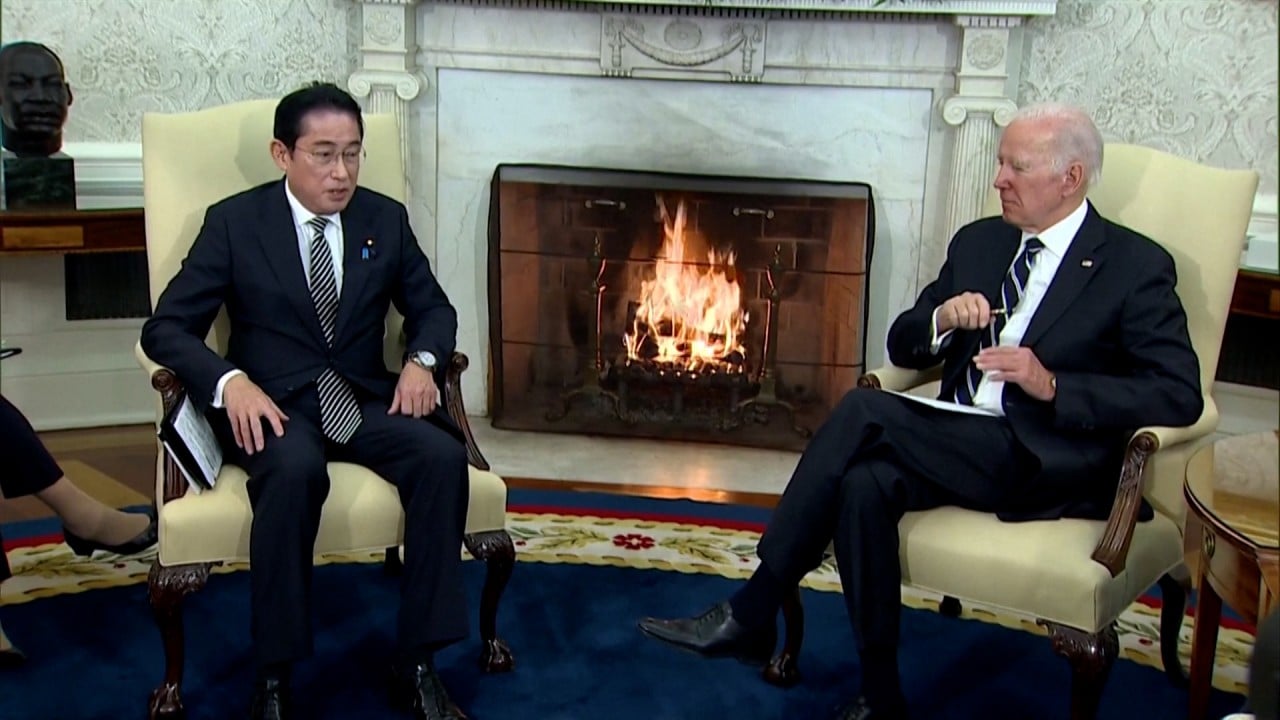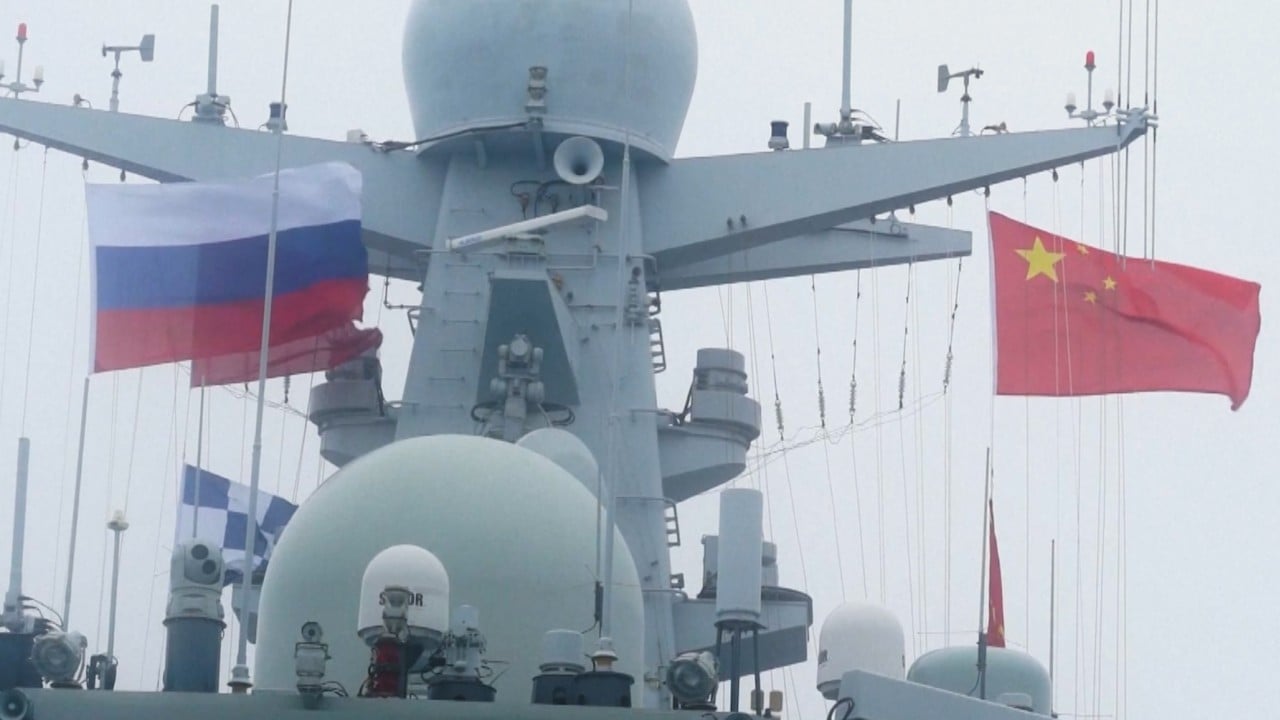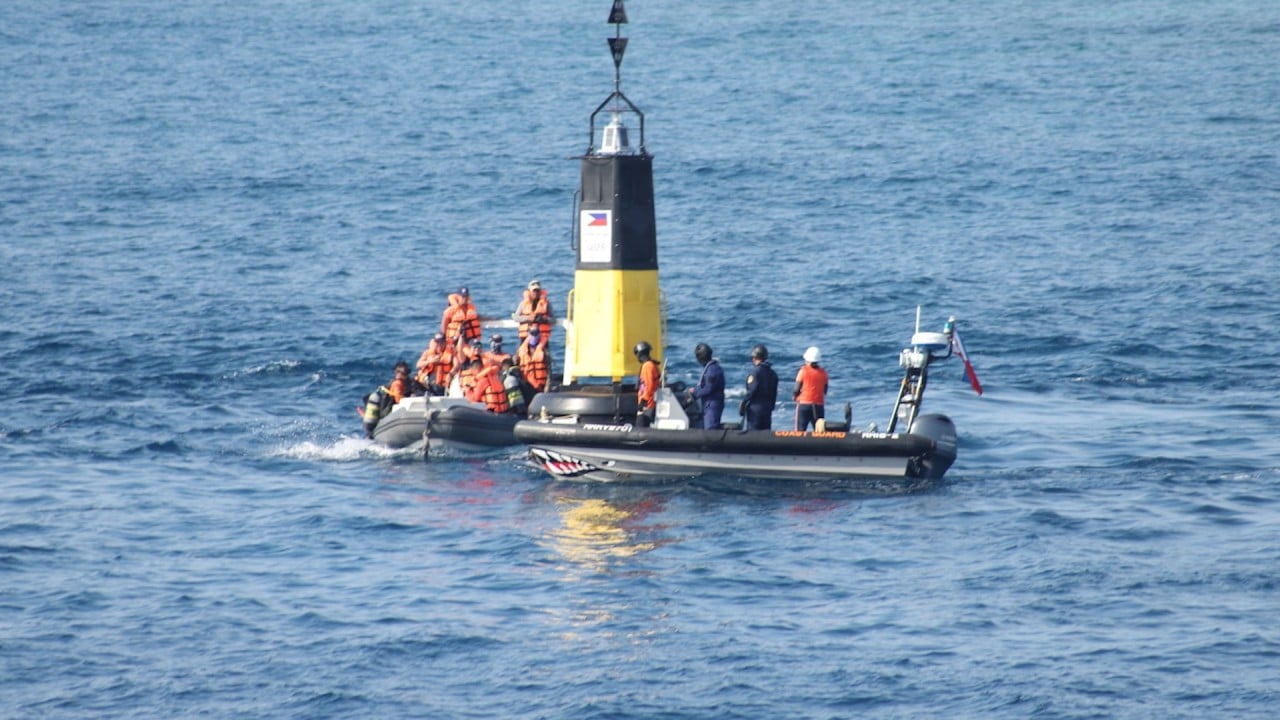
Why Japan should spearhead an Asia-centric regional security group
- Tokyo could reach out to other countries within the Indo-Pacific region that share its concerns regarding Beijing
- Excluding extra-regional powers like the US, but including China in the forum would enable progress on rules for economic activity, navigation and exercises
China also criticised the formation of “targeted blocs” against it, apparently referring to regional security groups led by the United States.
The white paper emphasised strengthening deterrence and joint capabilities with the US, as well as reinforcing collaboration with like-minded countries like Britain and Australia as two key defence approaches to address these security challenges, in addition to the enhancement of Japan’s defence architecture.
Perhaps it’s time for Japan to consider China’s suggestions and form an Asia-centric regional security group. Tokyo could reach out to other countries within the Indo-Pacific region that share its concerns on China’s regional behaviour.
This could lead to a collective that includes China, Japan, South Korea, the Philippines, Vietnam, Malaysia, Indonesia, India, Australia and potentially Indonesia, the largest Association of Southeast Asian Nations member by land and population, with significant political influence.
Forming a security cooperation group, notably excluding extra-regional powers like the US, could prove advantageous for several reasons.
If these nations can sustain a joint free-trade agreement, adhering to shared rules and regulations, they could establish a collective security partnership based on agreed rules of regional conduct.
Second, since 2002, Asean and China have maintained a declaration on the conduct of parties in the South China Sea, pledging respect for each other’s freedom of navigation and overflight, self-restraint in the conduct of activities, and peaceful resolution of disputes.
Power struggles add to Marcos Jnr’s tough US-China balancing act
Third, implementing a dedicated security coordination mechanism involving only regional stakeholders – Asean claimant states, China, Japan, India and Australia – could promote broader regional stability.
This would not only address South China Sea issues but extend to the East China Sea, Japan’s northern territories, the Sea of Japan, the South Pacific, the Indian Ocean and contested areas between India and China.
Fourth, many of these regional nations already have bilateral defence cooperation agreements in place and diplomatic support for each other’s regional positions.
EU leader warns against China’s aggression in Asia during Philippines speech
China is a shared challenge for these countries. Bringing them into a collective agreement would create powerful leverage. Additionally, incorporating China into these discussions to set terms and conditions for regional security cooperation and military activities could be beneficial.
Annual dialogues in such a forum could help hold any violators of agreed regional conduct rules accountable. Given the individual power of most of these countries, they are less likely to be swayed by China to veto a joint communique criticising Beijing’s coercive activities in the region, sidestepping the challenges currently experienced in Asean discussions.
Respecting maritime boundaries set by the United Nations Convention on the Law of the Sea, which all these countries have ratified, should be a fundamental starting point. Military exercises in contested maritime regions should be avoided.
A critical aspect of this framework would be a mutual agreement that any claimant state’s activity in disputed regions that unilaterally changes the status quo would warrant the involvement of other regional countries and outside powers for a joint military response.
Such a security cooperation framework with agreed-upon rules could reduce the likelihood of unintended military encounters and subsequent diplomatic crises.
It would also help to avoid political tensions arising from military exercises conducted by regional countries with outside powers. Finally, agreed rules regarding military or naval activities will increase transparency and build trust.
Riaz Khokhar is a research analyst on geopolitics and security of the Indo-Pacific region and a former Asia studies visiting fellow at East-West Center in Washington






